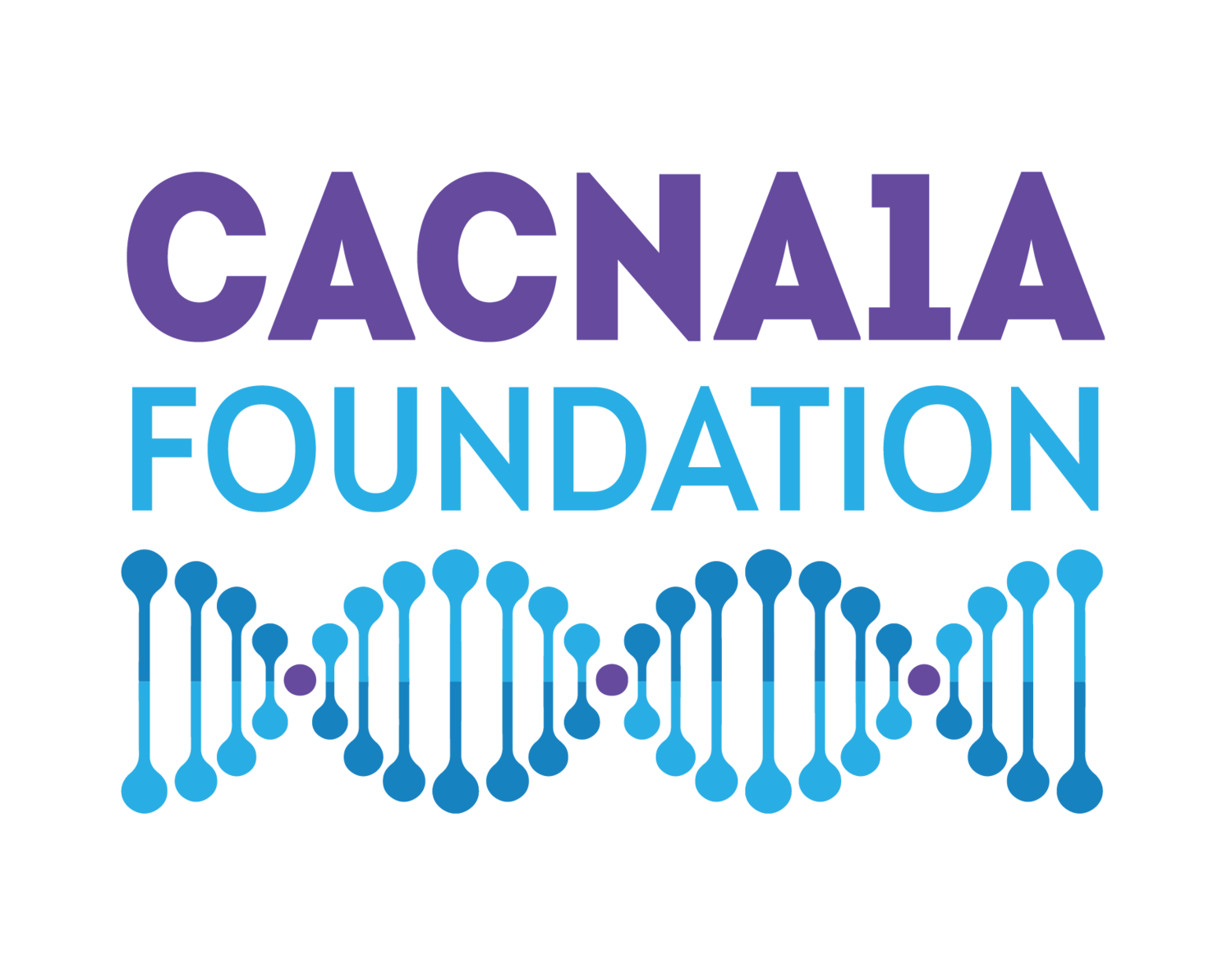Preclinical study of pharmacological reversal of P/Q Calcium channel loss of function mutation
$50,000 Grant | Awarded March 2021
Qinglong Miao, Ph.D. | Instructor, The Blue Bird Circle Developmental Neurogenetics Laboratory Department of Neurology, Baylor College of Medicine
Abstract: Dysfunction of CACNA1A-encoded P/Q-type calcium channels produces early and lifelong neurological deficits including ataxia and epilepsies. We recently demonstrated that the absence of epilepsy and ataxia induced by Cacna1a gene knockout depends directly upon channel dysfunction rather than interfering with critical periods of brain development. This finding suggests that CACNA1A-related neurological deficits can be cured at any stage via restoring P/Q channel function. Roscovitine is a novel P/Q channel modulator that can potentiate calcium currents and glutamate transmitter release mediated by P/Q channels. Roscovitine, clinically known as Seliciclib, is being developed to treat Cushing’s disease, as well as several cancers, rheumatoid arthritis, and cystic fibrosis. Clinical trials have demonstrated that it is safe, and well-tolerated by both healthy volunteers and patients with various disorders. Genetic animal models with mutations in human disease genes have played an essential role in promoting our understanding of the mechanisms underlying human conditions, and provide a valuable test system for drug discovery and validation. Absence epilepsy (AE) is the most common type of pediatric epilepsy. Tottering mouse was identified as the first monogenic AE model four decades ago. This mutant is ataxic and carries a missense point mutation in the Cacna1a gene which results in reduced P/Q calcium current. We have selected roscovitine as our first test compound and will investigate whether pharmacologically potentiating P/Q channel function by roscovitine can alleviate epilepsy and ataxia in tottering mice in vivo. Additionally, as roscovitine can also exhibit antagonist effects on presynaptic calcium channels, the compound will also be tested on a gain-of-function mouse model.
Dr. Miao has been studying CACNA1A-related neurological diseases since 2015.
His research is devoted to:
understanding the molecular and circuit mechanisms of neurological disorders;
developing novel treatments for neurological disorders and improving neural functions;
developing new diagnostic and research tools for early diagnosis of neurological diseases.
This grant funding will allow him to speed up the preclinical study of pharmacological reversal of
P/Q calcium channel loss of function mutations. He hopes that one day the results from his
research will help with the development of novel therapies for patients with CACNA1A
dysfunction. He states, “Your generosity has inspired me to help others by continually doing
cutting-edge basic and translational research.”

